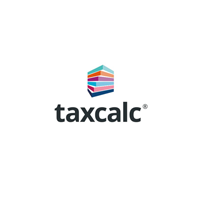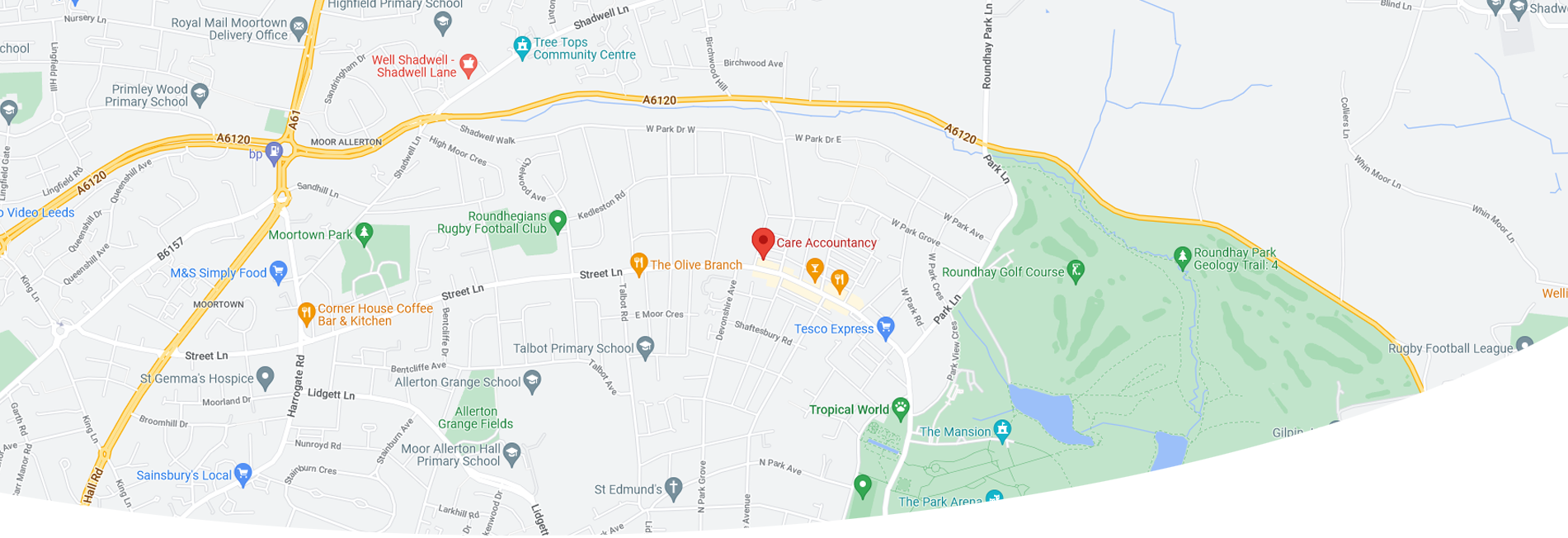Probate
Process
A Will names one or more Executors who have been assigned the task of administering the Estate by the individual who has died. A “Grant of Probate” needs to be applied to obtain permission for probate. The Executor must adhere to specific rules that instruct how to inform the concerned authorities and distribute the deceased’s Estate.
Therefore, the term “Probate” applies to getting permission to execute someone’s wishes following their Will, although it also refers to the whole process of settling someone’s affairs. The Executor needs to find out if a Grant of Probate is required, and if it is, it will give them the legal authority to deal with probate and administer the Estate of the deceased. The rules cover the situation if someone dies without a Will, known as dying “intestate”, are a bit different.
If a Will does not exist, inheritance law will determine the appropriate person to administer the Estate, known as the administrator, who may need to obtain a Grant of Letters of Administration instead. The process of handling someone’s Estate depends on whether the executor does it himself or appoints another person or a professional on his behalf.
Appointing a professional can be a good move and could be important if the estate affairs are complex; it is so because the professional can then take all the necessary steps incidental and necessary to the handling of the probate process quite efficiently. The Probate process is the legal right to deal with someone’s Estate, money, possessions after death, deceased’s debts, paying inheritance tax liability, and distributing the Estate according to the Will.


Procedure of
Probate
Execution of a Will requires communication of all the relevant government departments and other authorities of the person’s death and submission of the appropriate applications to banks, councils, HMRC for tax affairs, Passport Office, Driver and Vehicle Licensing Agency (DVLA), Department for Work and Pensions, Veterans UK, and building societies, etc. A “Tell us once” service ensures all concerned authorities are informed of the death at once. A grant of Probate may not be needed if the deceased has:
- Jointly owned land, property, shares, or money, as these will automatically pass to the surviving owners
- Assets are not owned in the personal capacity but held in a trust as a lifetime tax planning of the deceased
- Assets of a value less than £5,000
- Only a savings account
Obtain a Grant of Probate
In most cases, the Executor will have to obtain the grant of Probate to execute a Will and administer the Estate, which is permission to handle their Estate. To obtain a grant of Probate, the death is required to be registered, have assets valued, complete the probate application form, pay inheritance tax, and take an Executor’s oath at the probate registry or a local solicitor’s office.
Only certain people can apply for Probate. Executors named in it can apply for a Probate if there is a Will. If there is no Will, the closest living relative of the deceased can make an application.
Contesting a Probate
The law permits the contestation of a Probate of a Will. Any person who is a beneficiary under the current or previous Will, a family member, owed money by the deceased, financially dependent on the deceased, or promised something not granted in the Will can contest the Probate. When a dispute arises regarding the validity or contents of a Will or how the deceased’s Estate is distributed after death, this is known as Contentious Probate.
If the Will fails to comply with the formalities required by law, contains any matter sufficient to prove that the Will is invalid, or if two people are entitled to apply for the Probate, all such matters can also prevent or delay the grant of a Probate.
While the proceedings are underway and the concerns raised are being investigated, the court will not allow the grant of a Probate. The matter will then be left to the discretion of the court, which will resolve the grant of a Probate to a party which the court seems appropriate.
Executor
In most cases, the Executor is chosen by the deceased and declared in his Will. If there is no Will, the Estate will be administered according to the intestacy rules. Generally, it is a common practice to nominate one of the beneficiaries as the Executor for the Estate – for example, a child, a close friend, or a partner.
Joint Executors
It is not uncommon for a Will to have more than one Executor, called a “Joint Executor”, to administer the Estate according to the direction provided in the Will. Joint Executors may be nominated to share the workload, distribute the decision-making power evenly or ensure supervision over the other Executors’ work. Up to four people can apply for a grant of Probate, and their names would appear on the grant of Probate. Joint executors are required to cooperate for the smooth conclusion of the whole process.
Refusal to act as an Executor
Executors can themselves administer someone’s Estate, or they can appoint a professional to work on their behalf. Executors can also have power reserved, meaning they will not take part in any of the administration processes for the present but can choose to involve themselves later if they feel necessary.
Any person assigned with the responsibility of administering someone’s Estate can also decline the responsibility to act as an Executor, e.g. for health reasons, constrained time, or any other reason. In this case, the Executor will have to resign his position, in which case either another beneficiary will step up or a professional will need to be employed. The resignation will not affect the entitlement of the Executor if he is also a beneficiary of the Estate.
Process Of Grant Of Probate
Following steps need to be taken to obtain the grant of Probate.
Register The Death
Register the deceased’s death certificate within five days in England, Wales, and Northern Ireland and within eight days in Scotland. Several places require a death certificate; therefore, paying and keeping several copies of the death certificate may be handy.
Probate Application
After the value of the estate has been assessed and all details worked out, a Probate Application form (PA1P) needs to be completed by filling out the online application, which can be downloaded from HM Courts & Tribunals Service website, along with the documents to be sent to the probate registry. It will accompany a signed statement of truth declaring that the information provided therein is correct.
Disclaimer
Probate Fee
The cost of administering the Probate is levied on the estate. The Executor will have to make an upfront payment and be reimbursed later in some cases. The fee is waived if the estate is worth less than £5,000, everywhere in the UK except Northern Ireland, where the threshold is £10,000. Extra copies of the Probate would be required as they are essential for the administration process, to be submitted to different financial institutions. The Executor themselves can file the probate application.
If done, it would cost around £215 in England and Wales, £261 in Northern Ireland, and £200 in Scotland. The fee can be reduced to £155 if paid through a solicitor; however, engaging their services may involve a few hundred or even thousand pounds for their cost.
If the estate affairs do not involve any complexity, the Executors themselves can undertake the probate process and save the cost of hiring a probate solicitor, which may be very high in some complex matters. Although handling the Probate themselves can significantly reduce the price, it will still leave much work and responsibility. Executors cannot cut corners and would be responsible for clearing all the factual claims, including taxes and carry the risk of being sued by one or more of the beneficiaries. The grant of Probate may also require seeking legal advice.
If the deceased has used the bank’s services to make a Will and has nominated the bank as a Joint Executor, some banks designate themselves as professional Executors. Handling by the bank could prove expensive as banks charge hefty fees to carry out the process. If the beneficiaries agree, they can ask the bank to give up its Executor role.
Grant Of Probate
A grant of Probate confirms the authority of the Executor to execute the wishes of the deceased, which includes settling the affairs and distributing the assets. Once the Probate s granted, it is possible to execute the Will of the deceased assets and wealth as the law has conferred legal authority to the person to act as an Executor.
Advertise In Gazette
The probate proceedings are required to be advertise by the Executor in a Gazette as soon as the death certificate is available without waiting for the Probate to be granted so that unidentified creditors can come forward to lodge their claims. Failure to do so can result in the Executor being personally held liable to unknown creditors. A notice may also be required to be published in the local newspaper if the Estate includes property. The process itself requires around 60 days to allow for potential creditors to come forward.
Estimating the value of the Estate
After the grant of Probate is obtained, the Executor is required to gather all the information about the identified assets of the deceased. This may require examining of the deceased person’s financial records, papers, bank statements, accounts, and other information to assess the number of assets and liabilities.
Valuation of some estates may be straightforward, but others may be full of complexities with multiple investments of diverse nature, bank accounts, properties, and personal belongings that may require approaching:
- The local council for any outstanding council tax
- Department of Work and Pension (DWP)
- Fund managers and stockbrokers
- Lenders – to go through mortgages, credit cards and general loans
- Pension providers
- HMRC – concerning any outstanding tax, including the inheritance tax
- Banks – to account for cash and bank statement
Most acquisitions are frozen until the Grant of Probate is obtained. Once the Probate has been granted, most financial institutions will release the funds as soon as possible; on receiving a certified copy of the Grant of Probate. The amount received must be deposited into a particular account by the name of an Executor to be kept separate from the Executor’s account.
It would be best to use the government’s Tell Us Once service. This service will help you communicate with many departments in one go. You can also benefit from sending certified copies of the death certificate to each financial institution that the deceased had an account and asking for a final statement.
Valuation
Most of the estate, including property, is required to be valued. Valuing assets with an active secondary market might not be an issue as with bank accounts. Properties could be assessed or estimated by comparing prices of similar properties. An estate agent or a surveyor can provide a written valuation of the property to deal with HMRC. A similar approach can be adopted to assess the worth of other valuable assets for which an active market is not in place. Based on such valuation inheritance tax issues can be settled amicably.
File Inheritance Tax Forms
An online application form IHT 400 is required to be filed for the inheritance tax along with a copy of the death certificate, inheritance tax reference, and value of the estate.
Besides the valuation, HMRC also requires details of cash gifts made within seven years before the death, which can have a significant bearing on the estate’s value for inheritance tax purposes.
After filing the inheritance tax form, the due amount should be paid to HMRC in advance to obtain the grant of Probate. Before paying any inheritance tax, the following options need to be checked to act appropriately. Is there:
- Is there enough money in the bank account to cover Inheritance tax payment?
- If there enough liquid cash available or the money is tied in property or shares;
- Can the inheritance tax be paid in instalments?
- Is it possible to make a direct payment through the deceased bank?
If there is enough money in the deceased’s bank account to pay for the IHT; most UK banks can allow for direct payment to the HMRC on receiving the Inheritance tax 423 form. If a greater proportion of estate is tied up in property, shares, or any other assets; the HMRC will accept inheritance tax payment in instalments, and only requires one-tenth of the total due in advance. The estate will bear less or no inheritance tax if the value of the estate is below the inheritance tax threshold of £325,000 which will be inherited by the spouse, civil partner, or transferred to a charity or community clubs.
The inheritance tax threshold of the surviving spouse or civil partner can be increased up to £1 million by consuming the deceased partner’s unused IHT allowance if their estate is worth less than the IHT threshold. One can claim the additional allowance for the estate below the IHT threshold. Executors must complete form IHT 217 or IHT 402 when the estate is above the IHT threshold or cannot claim the total allowance.
Distribute The Assets
Once funds due have been received and the authority to distribute the estate is in place, appropriate payments can be made to the beneficiaries and creditors. Before distributing the assets, the Executor is required to ensure that:
- all the creditors and beneficiaries of the estate have been identified
- All the creditors and beneficiaries have been contacted on a best effort basis.
- All taxes and debts of the estate have been paid
Finalizing accounts
Once all the laid down formalities are completed, a final set of accounts should be prepared and get the final statement approved by the beneficiaries before distributing the estate to them to prevent disputes from occurring amongst and with the beneficiaries. This last statement includes all the money received and paid out. The record has to be maintained and other supporting documents for a period of at least 12 years.
Time and fees
The work of managing Estate and associated matters depends on varying factors that affect the amount of time taken to finish the job. It isn’t easy to offer a general price for work right away. For this purpose, the clients are informed in advance regarding the amount charged and the complexities involved.
The general timeline for probate services is difficult to predict. Various factors may delay the process and increase the due time. The following list will serve as a guide in this regard:
- The process of identifying and valuing assets/liabilities, preparing the Inheritance Tax forms, and applying for Probate will take two to three months.
- If you want to sell assets and collect money, you might have to bear three to six months, depending on the market for those assets.
- It may take two months to settle tax liabilities, prepare estate accounts and make final payments to beneficiaries.
Please note that Care Accountancy does not directly provide Probate services. However, we are able to facilitate this service through referral to Countrywide Trust and Tax Ltd, a reputable provider specializing in Probate services in the UK. Clients engaging with Countrywide Trust and Tax Ltd for Probate services will be subject to their terms and conditions. For more information or to discuss your Probate needs, please contact us.

Get in Touch
Rhoundhay
Leeds
LS8 2AL, UK
Coventry Road
Birmingham
B26 3EJ, UK











